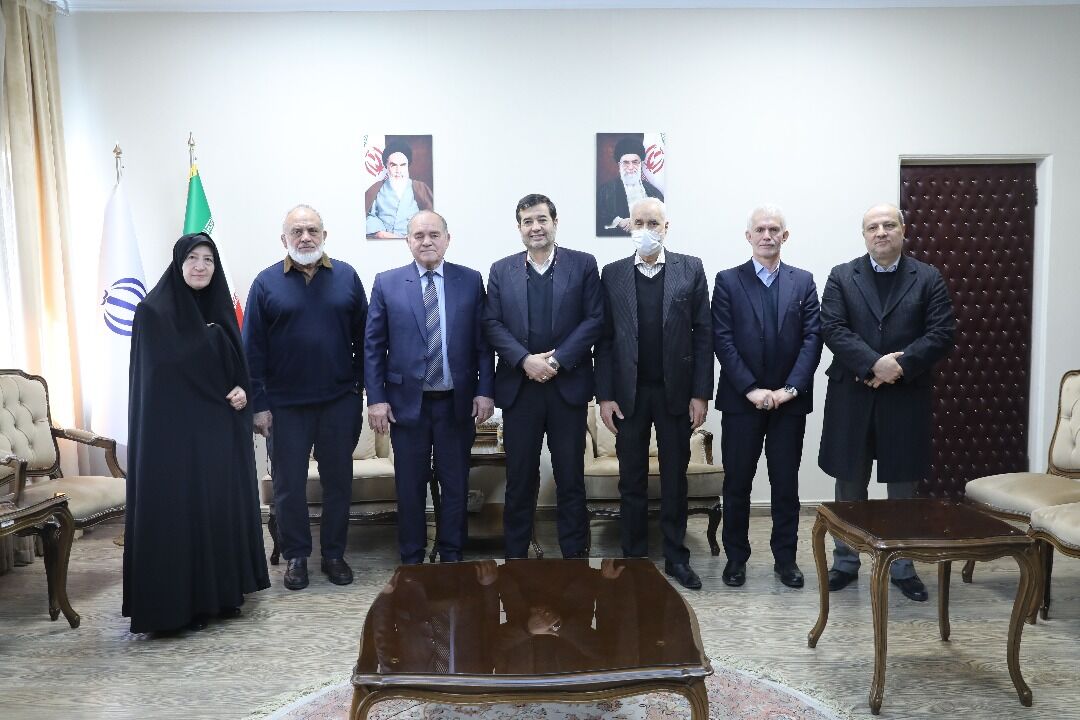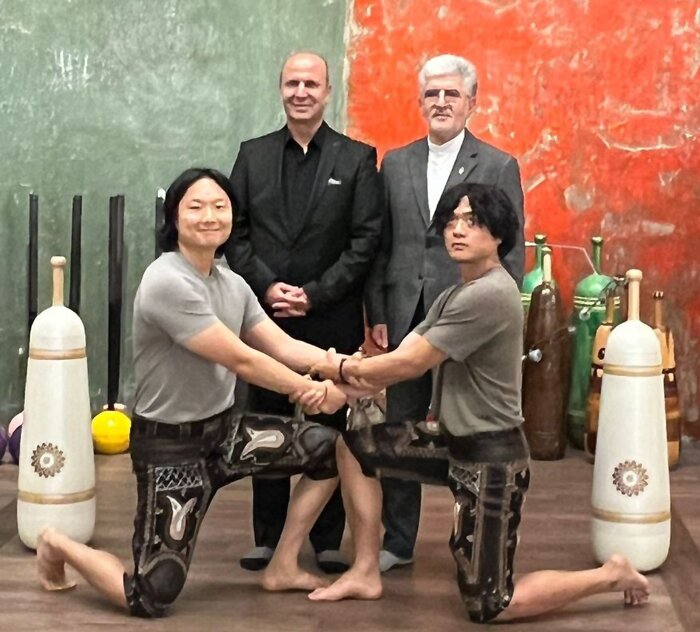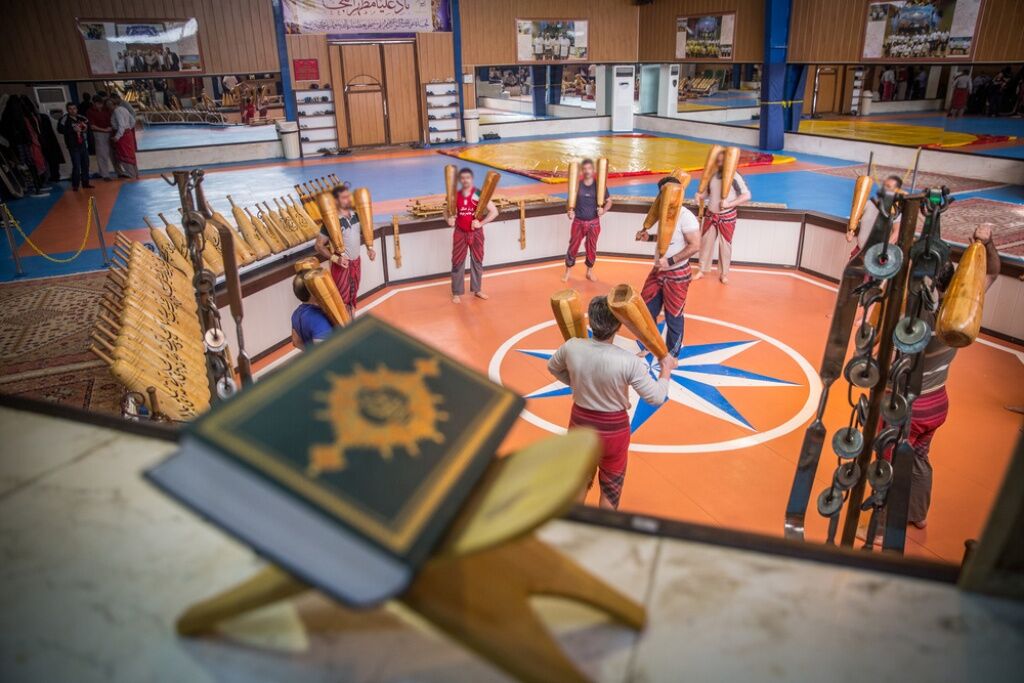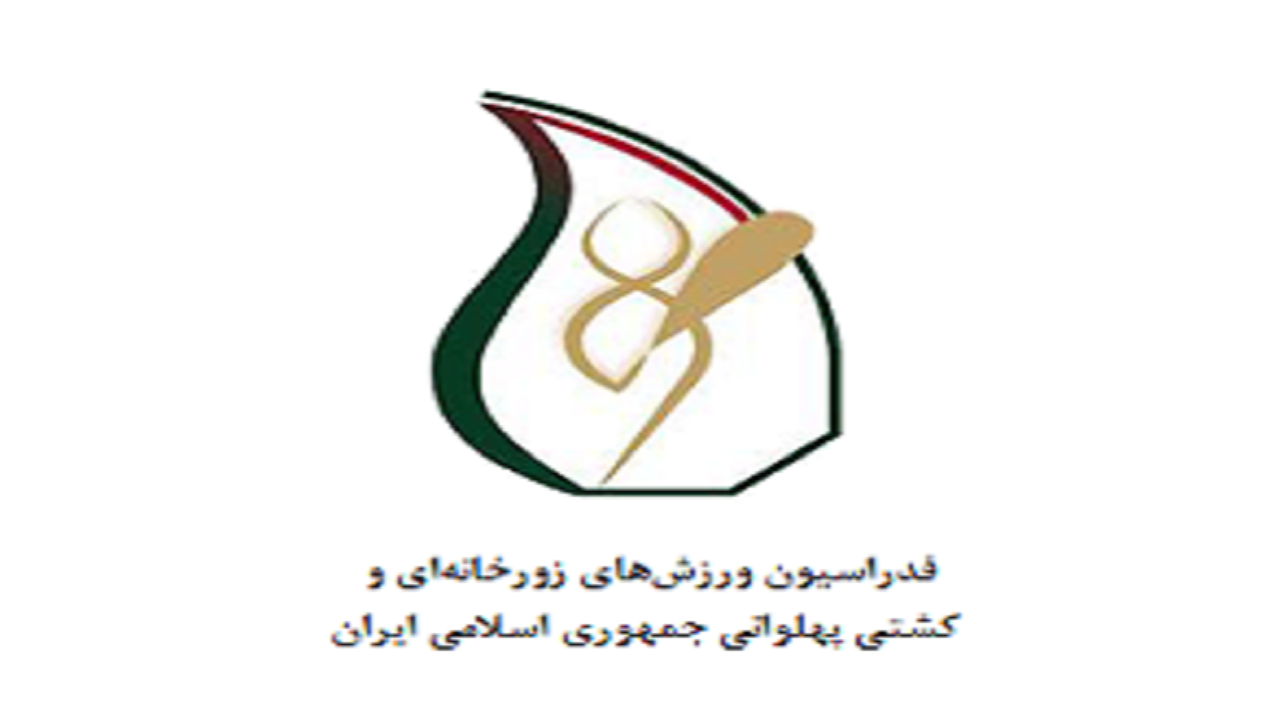From AS Otoho in Congo to Etoile Filante de Ouagadougou in Burkina Faso, Alou Badra
Diallo certainly knows his way around Africa.
That said, his coaching career actually began in Europe, where he worked as a youth coach for French giants Lyon.
“It was in the Rhone valley that I learned my trade and obtained my diplomas, before going on to do coaching internships at Ajax and Inter Milan,” says the 54-year-old. “My training was enabled by the International Olympic Committee via Mali’s National Olympic Committee.”
Over time, however, the Malian began to feel homesick, or la sodade, the Cape Verdean
creole term widely used in African to describe the longing felt when far away from your loved ones. So much so that in 2008, with his A Licence in-hand, the Bamako city native decided to return to his homeland to coach Club Olympique de Bamako, where he’d begun his playing career. For the next five years, he flourished with the capital side. “It’s the club where my heart lies,” he insisted. “I came through the ranks there and defended its colours in the country’s senior championship between 1990 and 1993.”
That initial coaching experience opened doors for him at other clubs and he later worked in Burkina Faso and Congo before returning to Mali to embark on a career with the nation’s U-23 team. “I was so proud to learn that my federation wanted me to undertake this mission as, more than anything, I just wanted to serve my country,” he revealed.
With his focus now fully on Paris 2024, he spoke to FIFA.com to discuss Mali returning to the Olympic stage, the nation’s impressive youth system, his team’s style of play, and more.
Twenty years after the Athens Games, Mali are back in the Olympic arena. What does this competition represent for you?
Alou Badra Diallo: Quite simply: excellence. The greatest athletes on the planet will be
gathering in Paris. In Mali, I can tell you that our qualification generated huge celebrations.
Our 20-year absence was very long for the Malian people. When we began our campaign to reach the Olympics, the message from our federation was clear: qualification or nothing. We secured our Olympic ticket thanks to our triumph against Guinea [4-3 on penalties after a 0-0 draw] that earned us third place at the CAF U-23 Africa Cup of Nations.
What can we expect from Mali at the Olympics?
As coach, my objective is to do better than our quarter-final finish at Athens 2004. Any team that makes it to the last four of a competition will tell you their ultimate objective is to win the title. It’s worth remembering that before the U-23 AFCON in Morocco, Mali’s two previous outings in the continental competition ended prematurely at the group stage without so much as scoring a goal. That’s why I have faith in this generation of players – I believe they are capable of achieving great things.
Of the 26 players you called up for the U-23 Africa Cup of Nations, 19 were nurtured in Mali. How do you explain that phenomenon?
We have an excellent strategy for player development in Mali, and the country can boast the continent’s best football academies. We have several centres of international standing, where young players attend boarding school and are constantly observed and supported. Among those are the Jean-Marc Guillou and Etoile de Mande academies, as well as the Salif Keita one. From a young age, our players have to face high-level competition, so they become more battle-hardened in the face of adversity.
At the last U-17 World Cup, Mali finished third, with Hamidou Makalou and Ibrahima Diarra receiving the adidas Silver Ball and Silver Boot respectively. Are they in contention for a place in your Olympic squad?
I’ve always had the same philosophy and belief that you cannot rush things. So I think we
need to allow them time. They’re just 17 and so still have an U-20 African Cup of Nations to
play. Given their talent, they’ll also have an U-20 World Cup to take part in. However, I’m not ruling out anything. If there are members of this U-17 generation who can be part of our squad, then why not?
While Mali’s youth sides are known for playing an attractive brand of football, they typically struggle to win the titles to match. How can you change that?
We often pay the price for a lack of experience. We always start our tournaments explosively but then something happens that will cost us a match. That’s why my staff and I work so much on player concentration. Nowadays, with the new rules, games go on longer than 90 minutes. So it’s up to us to better manage our emotions and make sure that this time we have success, because we certainly have the talent.
If you had to single out one athlete who lit up the Olympics for you, who would it be?
Carl Lewis, as he’s the athlete who most impacted my youth. He was just incredible. Above all, it’s his versatility that stands out, being outstanding both in the 100 metres and the long jump. That’s the mark of a true great.
- نویسنده : محمد مهدی اسماعیلی رها






























Sunday, 27 July , 2025